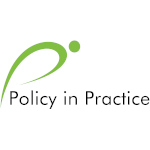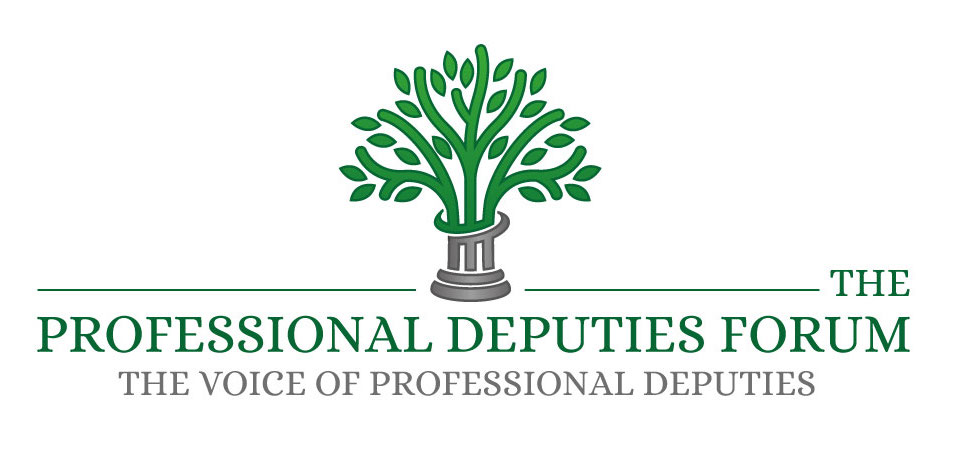Over half of vulnerable customers still spend in excess of two weeks trying to make organisations aware of their vulnerable circumstances
17.7 million Brits* consider themselves vulnerable – 34% of the UK population, with 13.1 million (25%) people saying they have experienced mental health struggles within the last 12 months. In the last year, 9 million (17%) people say they struggled to cope with finances and managing money, and 8.8 million (17%) people have been impacted by a life event such as the breakdown of a relationship, bereavement, or a job loss.
Despite FCA guidance and increased focus on organisations to better identify and treat vulnerable customers, a staggering 41% of people who fall into the FCA’s ‘vulnerable customer’ definition say they have been treated unfairly by organisations such as banks/financial services, utilities, mobile phone providers, housing and local government**. 18% of vulnerable customers have missed payments or gone into arrears and 14% have taken on further borrowing/debt as a result of being vulnerable or falling into vulnerable circumstances within the last 12 months.
These are the findings of a recent survey of 2004 UK adults carried out on behalf of the Vulnerability Registration Service (VRS), a not-for-profit company providing the UK’s first central vulnerability database.
Helen Lord, CEO of the Vulnerability Registration Service, said: “These findings should act as a wake-up call. It simply isn’t good enough that so many vulnerable customers feel they are being unfairly treated. One in five (20%) vulnerable customers have continued to receive calls, emails or visits chasing up payments or for debt collection. This is unacceptable when you consider the fact that 31%** of all the UK population have experienced some form of mental distress after being chased by organisations for missed payments or debt.”
Revealing a vulnerability to an organisation isn’t easy
15% of the UK adult population have found it difficult communicating with organisations – speaking on the phone, accessing the Internet or physically visiting branches or outlets. Amongst those experiencing vulnerability, this situation is ever more acute with 57% of vulnerable customers spending more than two weeks*** trying to make organisations aware of their health circumstances.
Individuals with low levels of knowledge and confidence on financial matters, as well as low levels of English language or literacy skills have been impacted the most, with 71% of this group spending over two weeks*** trying to communicate their circumstances to someone in an organisation.
Vulnerable still passed from pillar to post within organisations
When vulnerable customers have informed organisations about a vulnerability, the experiences have been mixed. 29% found it difficult to locate the right person or department to talk to. For 32% of these respondents, they were passed around to different people or simply kept on hold or subjected to automated messages. 37% found it difficult to have to keep repeating their circumstances to different departments within different organisations. However, 29% did say that when they told the organisation about a vulnerability, it was acted upon and they were provided with help and support.
Amongst those that wouldn’t tell an organisation about a vulnerability, either their own or on behalf of someone else, 24% said it was because they didn’t think it would make a difference.
Helen Lord continues: “Disclosing a vulnerability shouldn’t be so hard and the way an organisation responds shouldn’t be such a lottery. It is heartening that there are pockets of good practice but there now needs to be consistency across the board. Behind these statistics are vulnerable individuals who have already reached a limit on how much they can deal with. How is it that they are still being passed from pillar to post, having to explain their vulnerability time and time again or being chased for payments?”
People want organisations to be more proactive in identifying vulnerability
Despite a reluctance on the part of many in making organisations aware of their vulnerability themselves, 63% would share details of their vulnerability if they were asked. Furthermore, 67% of Brits believe organisations should be proactive and carry out checks to identify the vulnerable. 63% of people also agreed that they would complain if they felt that they or a member of their family was unfairly treated because of a vulnerability.
Nearly two in three vulnerable adults (65%) would consider registering with a free service if it took on the task of flagging their circumstances on their behalf to other organisations. 64% would also consider letting details of their vulnerability be shared if it meant that they were better supported and treated fairly.
Helen Lord concludes: “This much is clear from our research – organisations must be more proactive. The only way to identify and protect the vulnerable from these experiences and further harm is to share data about them across sectors, and make checking for vulnerability a standard practice, like credit reference or affordability checks already are. The tools to make this happen already exist. If organisations truly are serious about treating vulnerable customers fairly, it is time to come together and move beyond words and guidance to action.”
For more information on the Vulnerability Registration Service, visit: www.vulnerabilityregistrationservice.co.uk/
*Based on 2019 ONS midyear population estimate figures
**Statistic obtained through combining ‘Strongly agree’ and ‘Agree’ answer options
***Statistic combines all answer options over and including ‘for 2-3 weeks’













Post a comment